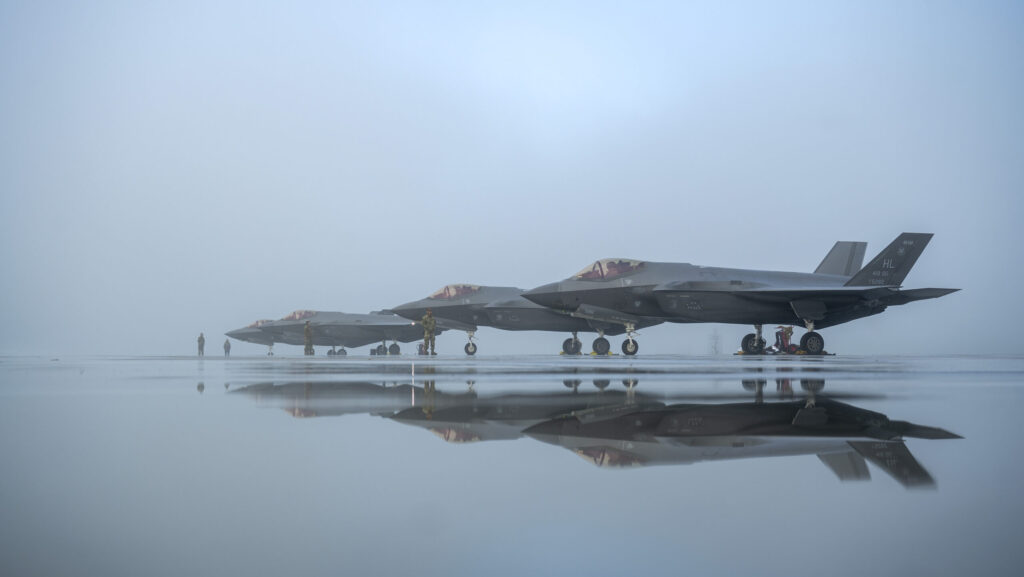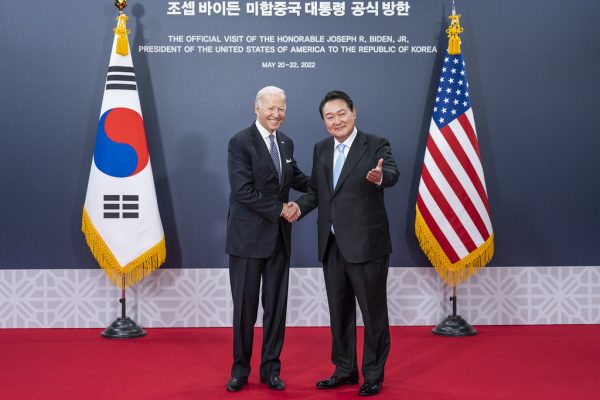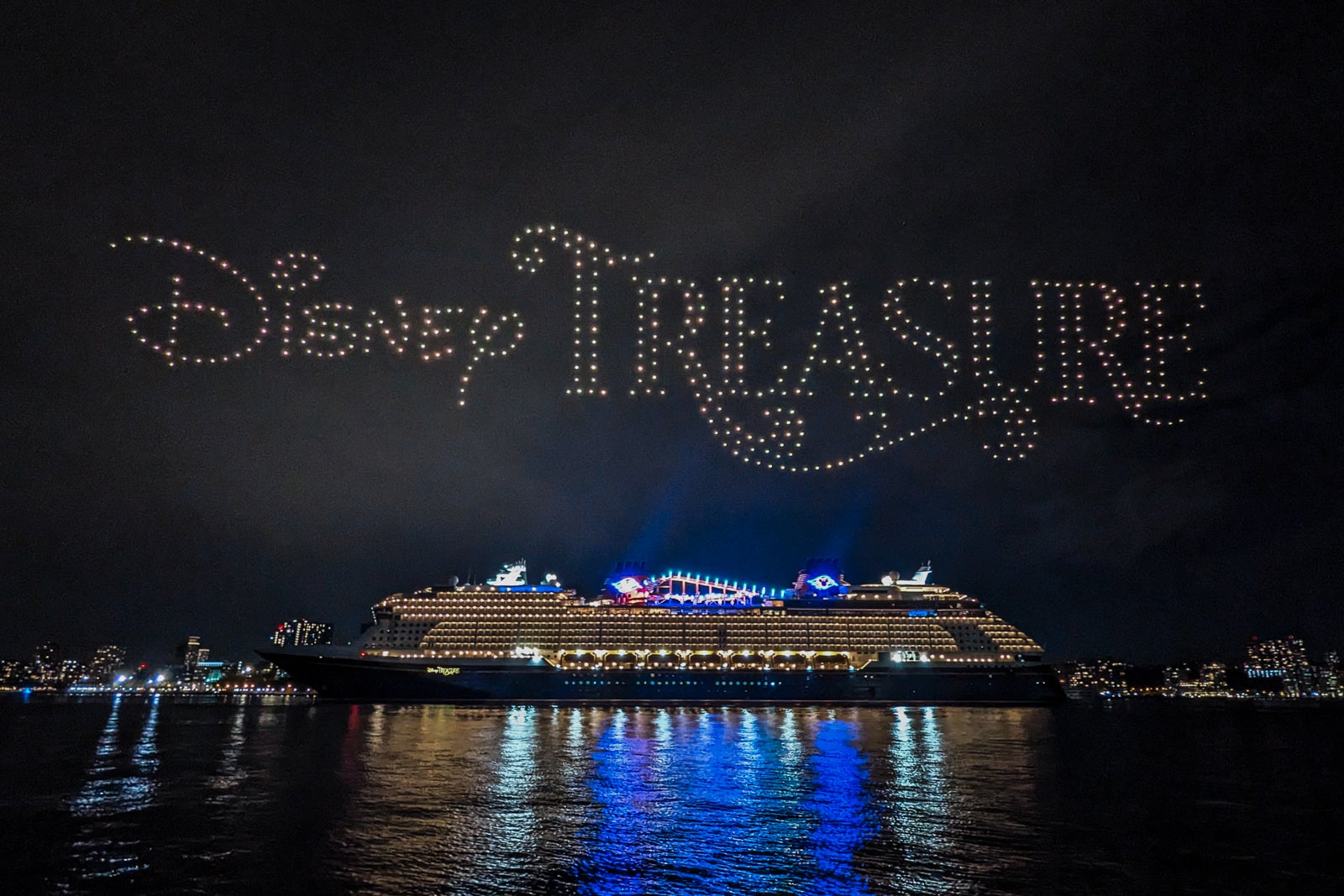Brazil and India are currently engaged in negotiations that could lead to a significant defence barter deal involving the HAL TEJAS MK-1A fighter jet and the Embraer C-390 Millennium military transport aircraft. This potential arrangement reflects a growing strategic partnership between the two nations, aimed at enhancing their respective military capabilities while promoting domestic manufacturing.
Brazil is exploring the possibility of acquiring the TEJAS MK-1A as a replacement for its aging fleet of Northrop F-5 Tiger-II fighter jets. The Brazilian Air Force (FAB) is keen on modernizing its aircraft inventory, especially as it plans to retire the F-5s by 2030. The TEJAS MK-1A, developed by India’s Hindustan Aeronautics Limited (HAL), is viewed as a cost-effective and capable alternative that complements Brazil’s existing Gripen-E fighters, which are more expensive and advanced.
In exchange, Brazil hopes to secure contracts for its C-390M military transporter from the Indian Air Force (IAF), which is looking to procure medium transport aircraft. The C-390 is designed for versatility and operational flexibility, making it an attractive option for India as it seeks to bolster its airlift capabilities.
The Proposed Barter Deal Serves Multiple Strategic Purposes:
This arrangement could significantly deepen military cooperation between India and Brazil, paving the way for future collaborations in defence technology and joint production initiatives.
By facilitating the export of TEJAS MK-1A jets, India can enhance its defence manufacturing sector while Brazil benefits from acquiring a modern fighter at favourable terms. This aligns with India’s ‘Make in India’ initiative, promoting local production of military equipment.
For Brazil, integrating the TEJAS MK-1A into its fleet would diversify its air combat capabilities, reducing reliance on a single type of aircraft and enhancing operational flexibility.
As negotiations progress, both countries are optimistic about finalizing this deal. The Brazilian Air Force has expressed strong interest in not only the TEJAS MK-1A but also potentially the more advanced MK-2 variant as part of its long-term modernization strategy. Concurrently, discussions surrounding the C-390M’s inclusion in India’s MTA program are ongoing, with plans for local assembly in collaboration with Indian firms like Mahindra.
If successful, this swap could mark a landmark achievement in Indo-Brazilian defence relations, showcasing how mutual interests can lead to beneficial arrangements that enhance both nations’ military capabilities and economic growth.




















Discussion about this post